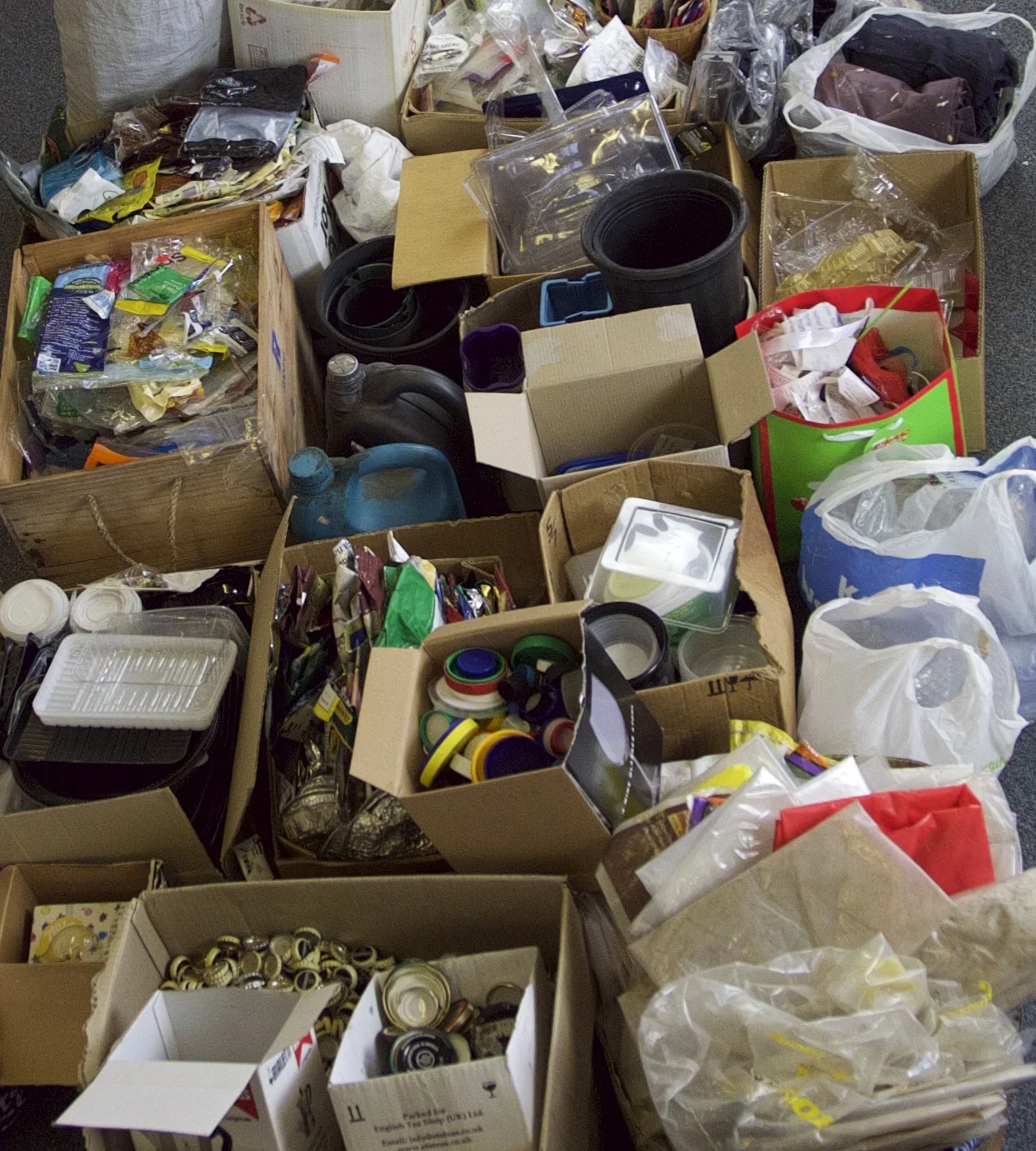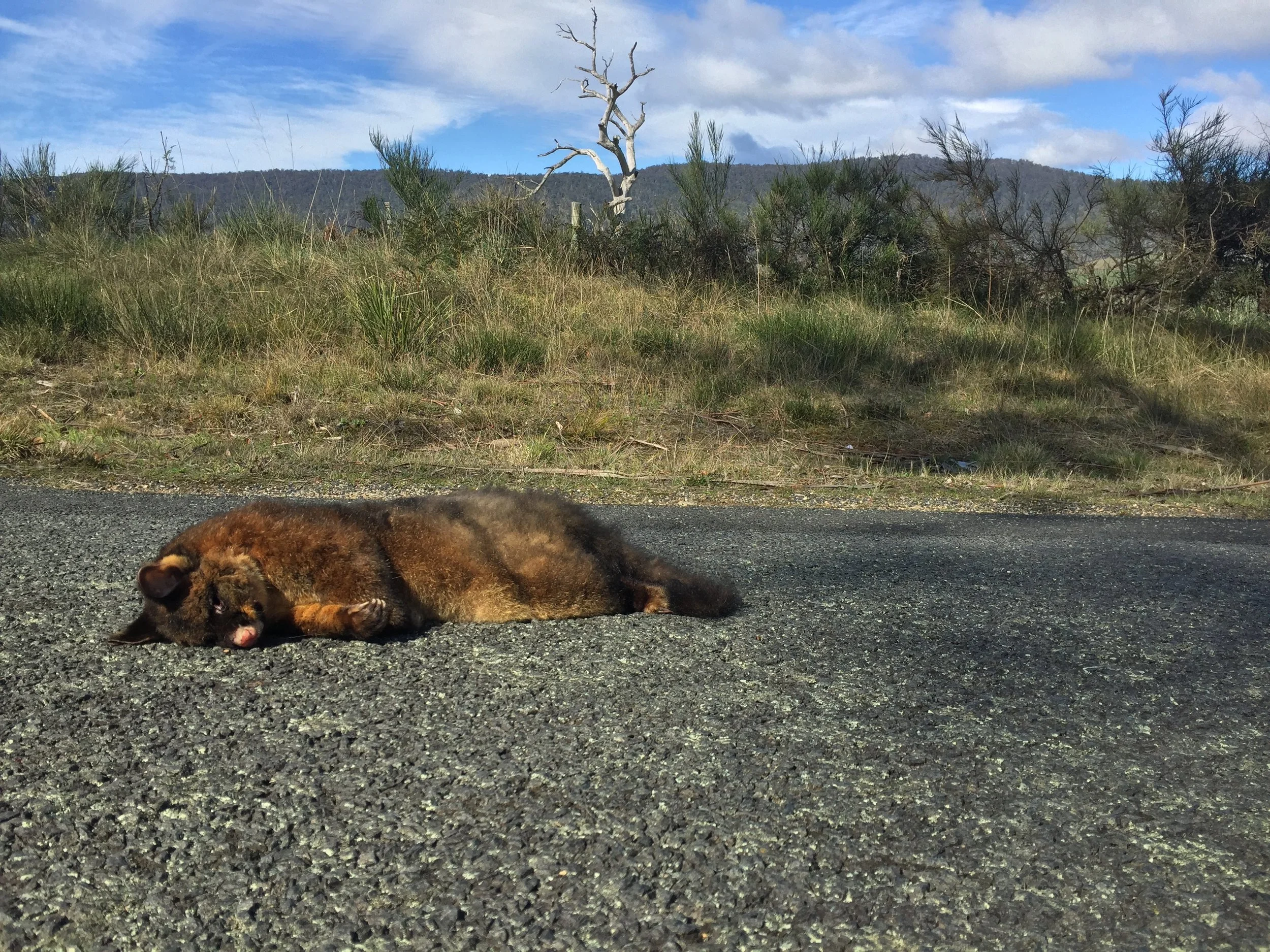Over the past 200 years Australia (along with Central America) is the country that has recorded the highest number of mammal species that have suffered major decline or extinction due to invasive predators, with the red fox and feral cat the most damaging. Globally, cats, rodents, dogs and pigs threaten the greatest numbers of endangered vertebrates1.
A major reason that native animals are so vulnerable to introduced predators is thought to be their naivety – failure to recognise and defend themselves against the threat2. Understanding how native prey respond to invasive predators can help protect vulnerable species.












